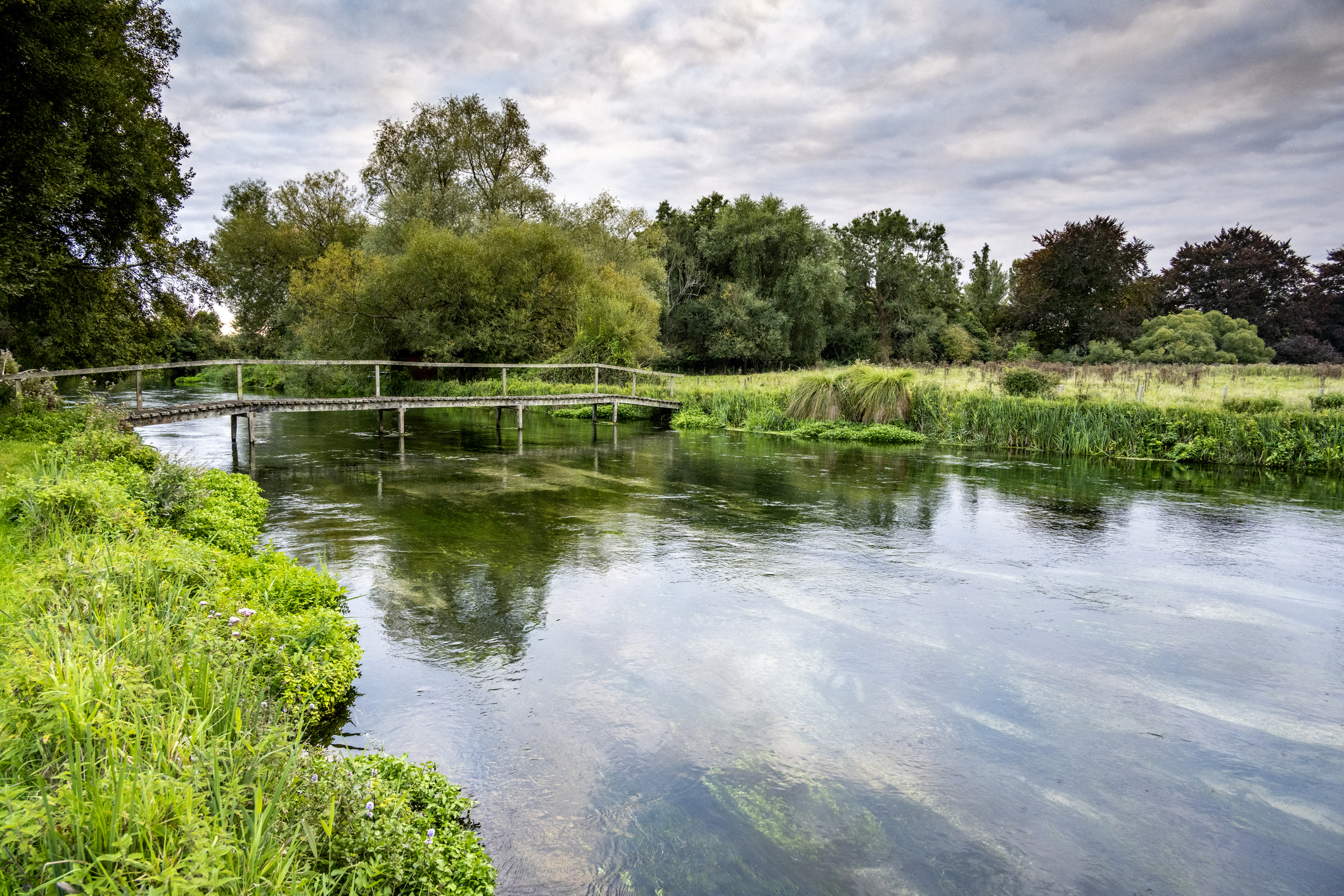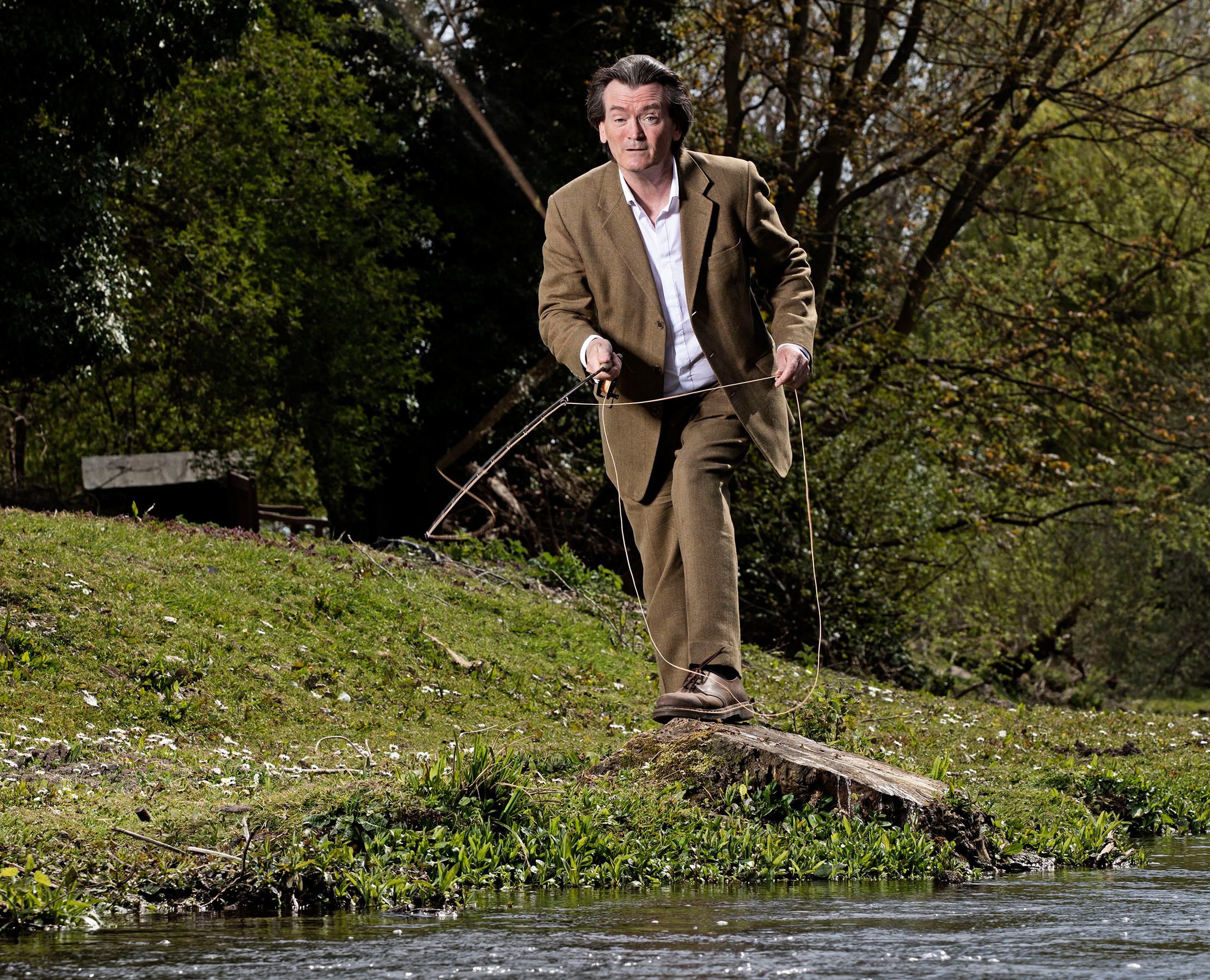'We are in the midst of a sewage scandal and the natural world is paying the cost'
Country Life's leader article takes aim at the mess in the water industry.


In about 1850, a sanitary inspector called Thomas Rammell visited High Wycombe, Buckinghamshire, to compile a report on the living conditions of the furniture workers who lived in slums clustered around a now-lost chalkstream. His little red book can be found in the town’s public library and makes sobering reading.
Those who testified described lives of unremitting squalor, dogged by ‘low fever’, dozens of people sharing one latrine, these suspended over the river or dug into the water-table alongside wells from which they also drank. One man told how the latrines of his courtyard drained through his front room. Rammell recommended the town’s authorities install mains drainage and a water supply, to relieve the lives of these poor people, but, fearful of the cost, they ignored him. Sound familiar?
That can of cost was kicked down the road for many more decades. London got its system of sewers by Joseph Bazalgette because the Thames became so fetid that the Great Stink closed parliament in 1858. The slum dwellers of High Wycombe, however, weren’t rehoused until 1932. In 1965, the stream was buried in a culvert, because it still stank and by then it was in the way of a car park, too. And thus they ‘paved paradise and put up a parking lot’.
That can is still being kicked. At least no one is dying of cholera today, but we are in the midst of another sewage scandal and the natural world is still paying the cost.
"We need a vibrant natural world like a body needs air"
The over abstraction of our rivers and streams is another way in which we compel Nature to pick up the bill for our complacency, not least by draining our precious chalkstreams to the detriment of wildlife. Today, the British use 142 litres of water per person per day, putting us among the highest consumers in Europe. In London and the South-East, where the annual rainfall is on a par with coastal Syria and half that of the mountainous parts of Morocco, we use even more. Few people realise that if it’s coming out of a tap, it isn’t flowing down a river. The upper River Lea, for example, barely flows anymore. Its source has migrated down the valley and is the Luton town sewage works.
We have gone from the Victorian deprivation witnessed by Rammell to largesse, but the problem remains the same: we don’t pay enough for our water. Back then, the authorities wouldn’t pay because only the poor suffered. Now, we won’t pay — or, rather, we protect bills and staggering profits and thus don’t pay — and Nature suffers. This is deeply foolish. We need a vibrant natural world like a body needs air. Filling rivers with excrement or pumping them dry is not a sustainable way to survive, let alone thrive, either spiritually or economically.

Feargal Sharkey: From Top of the Pops to crusading for Britain's rivers
Feargal Sharkey, one of the most recognisable pop voices of the 1970s and 1980s, talks to Country Life about his
Exquisite houses, the beauty of Nature, and how to get the most from your life, straight to your inbox.
Country Life is unlike any other magazine: the only glossy weekly on the newsstand and the only magazine that has been guest-edited by His Majesty The King not once, but twice. It is a celebration of modern rural life and all its diverse joys and pleasures — that was first published in Queen Victoria's Diamond Jubilee year. Our eclectic mixture of witty and informative content — from the most up-to-date property news and commentary and a coveted glimpse inside some of the UK's best houses and gardens, to gardening, the arts and interior design, written by experts in their field — still cannot be found in print or online, anywhere else.
